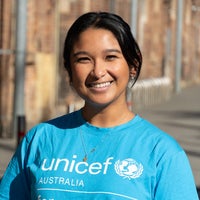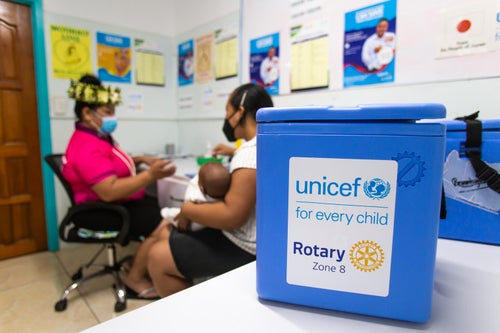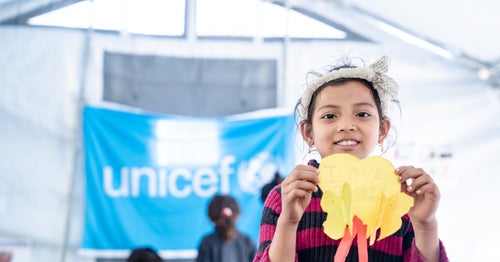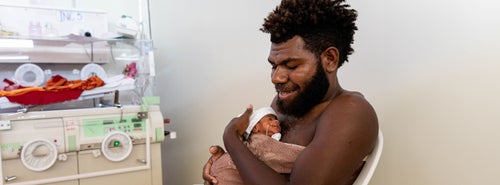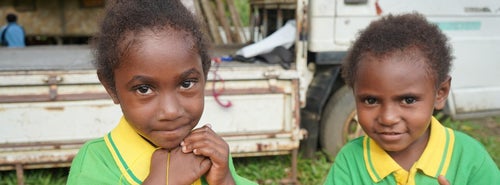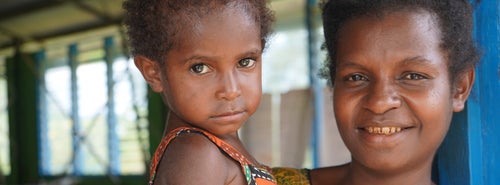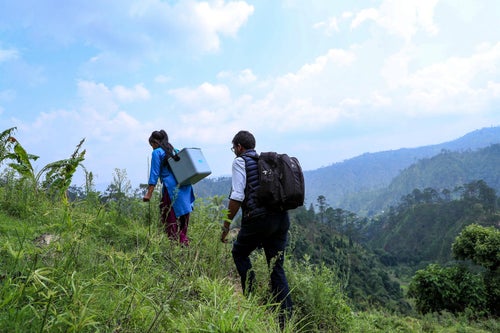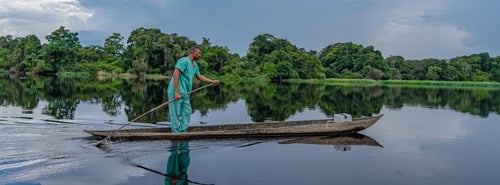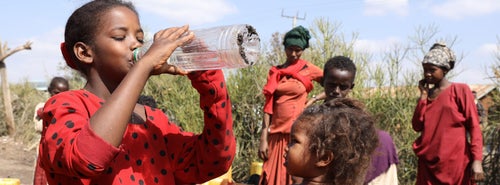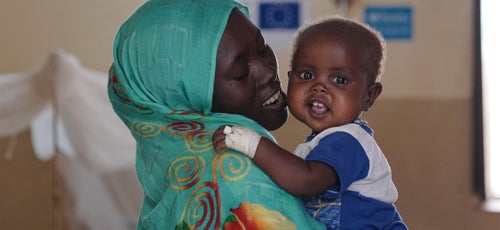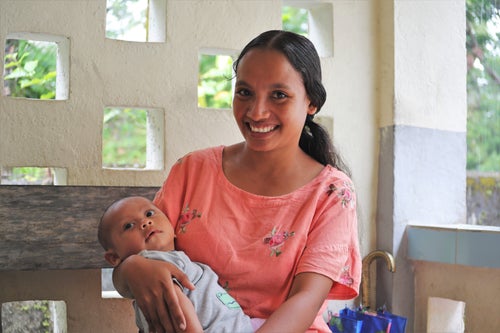Vanuatu is a nation of many islands surrounded by blue water and white sands. Yet, for the children and families living in the country's most remote areas, isolation comes with many challenges.
Although Vanuatu is less than the distance from Sydney to Perth, the differences in childhood experiences are significant. Children in Vanuatu face much higher risk, being more than four times more likely not to reach their fifth birthday compared to children in Australia. Additionally, constant cyclones and natural disasters pose ongoing threats to communities and rob children of their childhoods.
For children in remote villages in Vanuatu, access to healthcare is not just difficult – it is life-threatening.
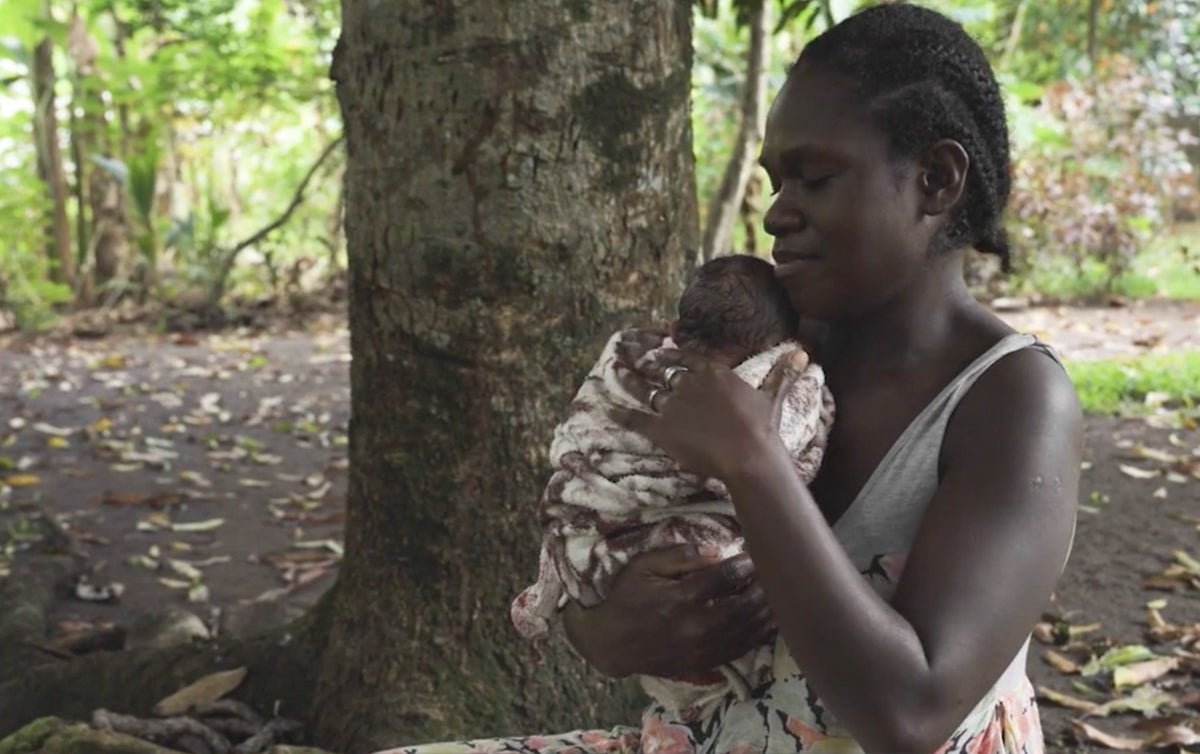
The struggle for accessing healthcare on Vanuatu's remote islands
"They will have to rely on the community health workers in in their area to provide support so it's important that these health workers actually, have the skills and the knowledge to provide those services when it comes to nutrition, when there is an emergency in remote areas."
One nurse’s duty of care for thousands
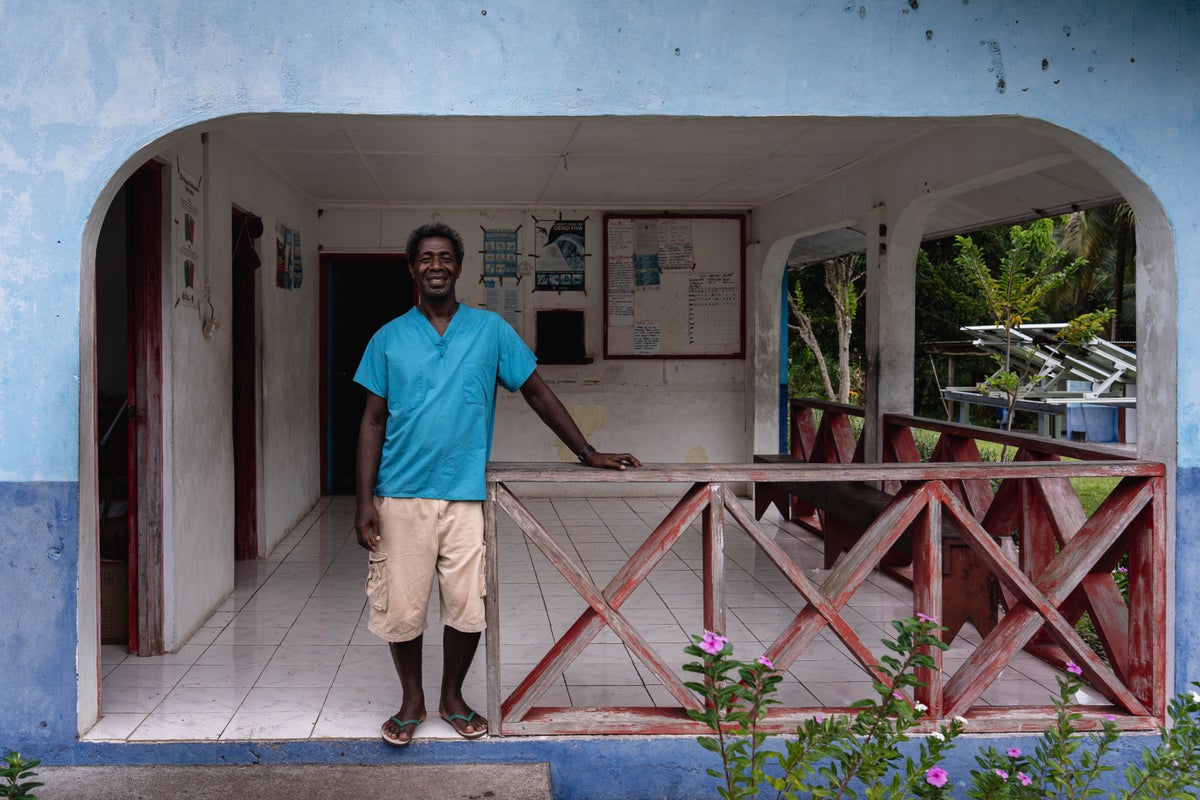
If you head north of Santo Island in Vanuatu, nestled deep inside the jungle, you’ll find a lone health centre that serves nearly 4,000 people. Yet travelling there is an arduous journey, with many community members taking various modes of transportation to reach the centre, whether it be by boat, foot or horse.
Registered Nurse Francisco has been at the centre since 2021 and serves the thousands of families who come near and far for essential healthcare services.
“I attend to sick patients, pregnant mothers and deliver babies. The thing is, I work alone, and it’s impossible to do everything. The patients who travel long distances, I’ll have to attend to them first,” says Francisco.
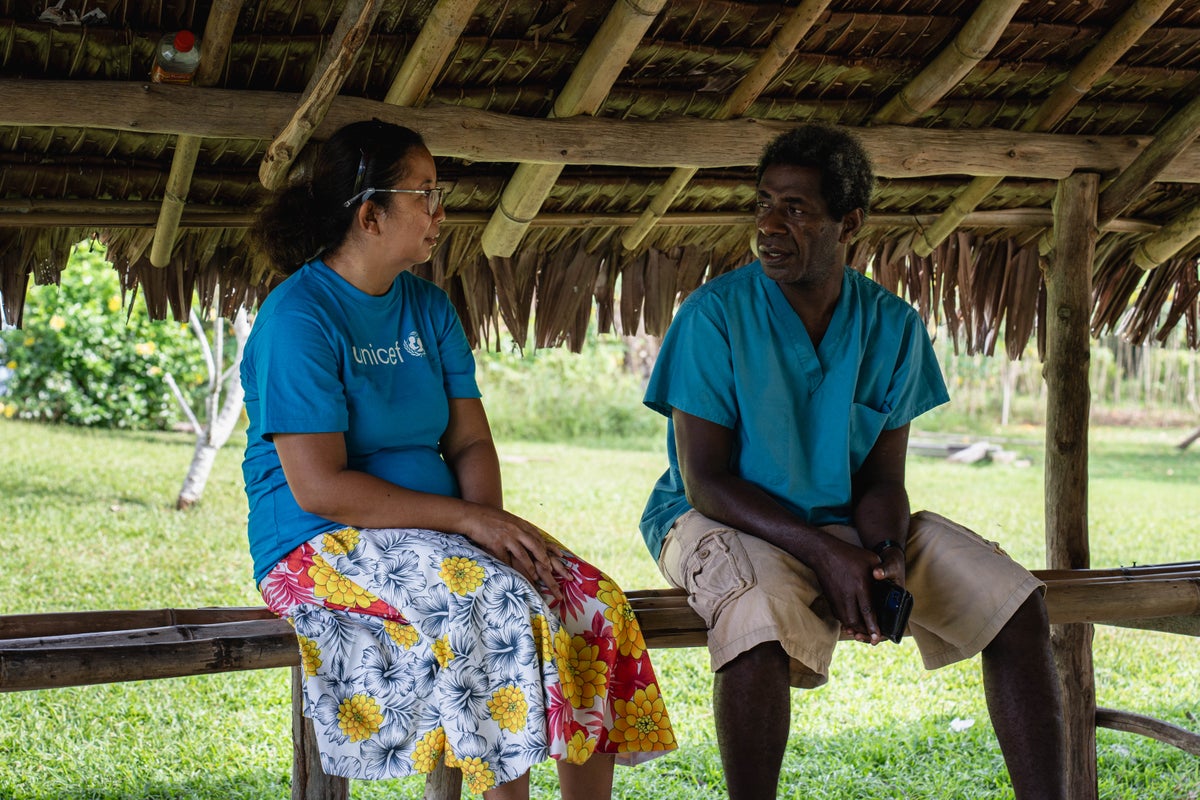
Francisco is used to seeing patients arrive through numerous means of transport. Still, it's always difficult for him to see parents travelling unimaginable distances to bring their children in for their health.
A father’s journey for his son
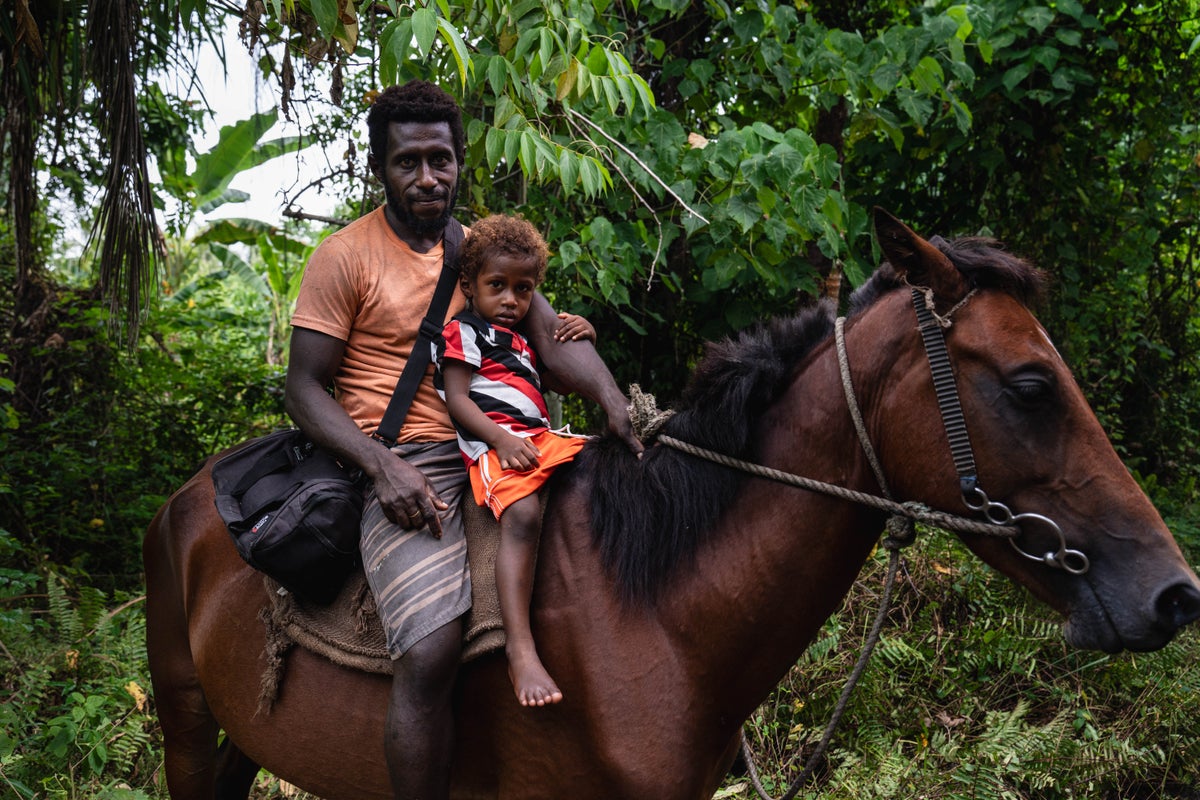
When Steve’s son Neftali fell ill with the flu, Steve’s first response was to get Neftali treatment, no matter what it took. With the high cost of truck transport and boat, his next best option was an hour-long horseback journey.
“If the child is too ill, you can’t use horseback,” says Steve. “You’ll have to come by boat - you use anything that work to keep the child until you reach the clinic.”
During cyclone season, transporting sick children and patients becomes even more difficult.
“Sometimes you cannot come by horseback because there are fallen trees washed ashore. In this case, you have to develop a makeshift stretcher and people carried them. When crossing floods, we identify a safe crossing area, then we take the patient across the river.”
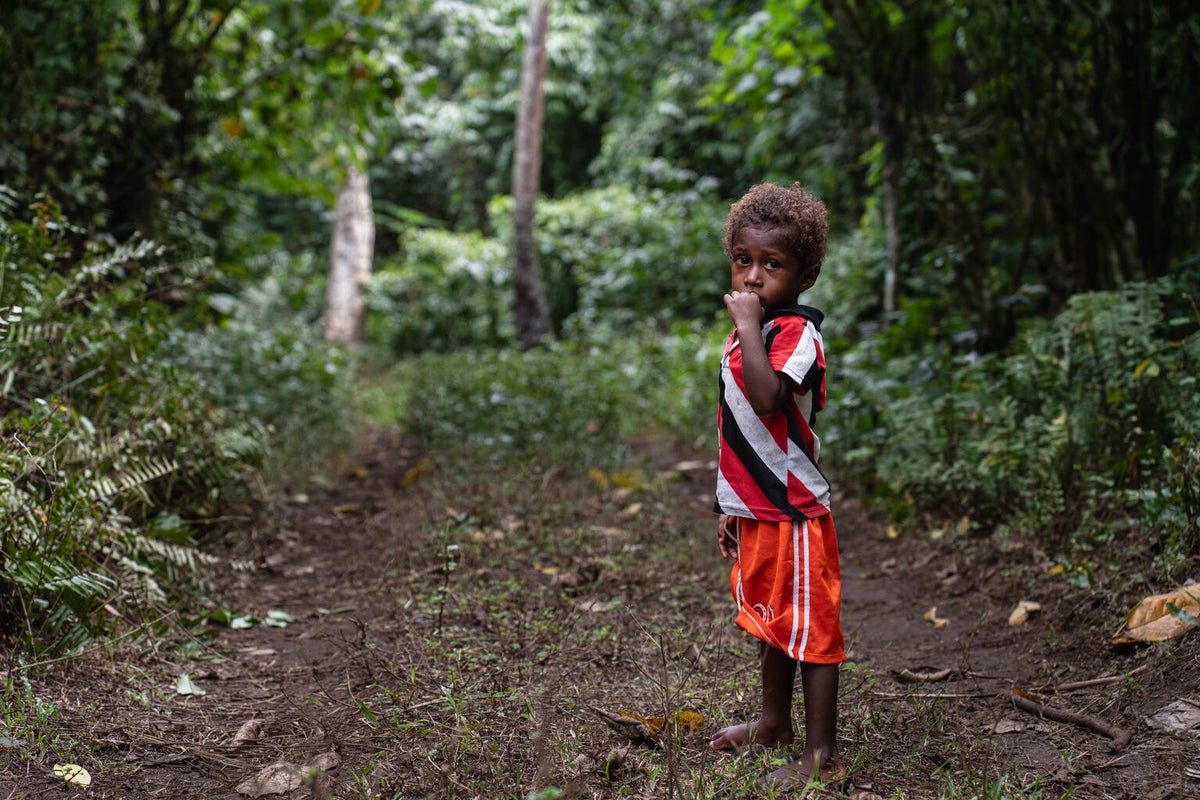
Hope after heartbreak
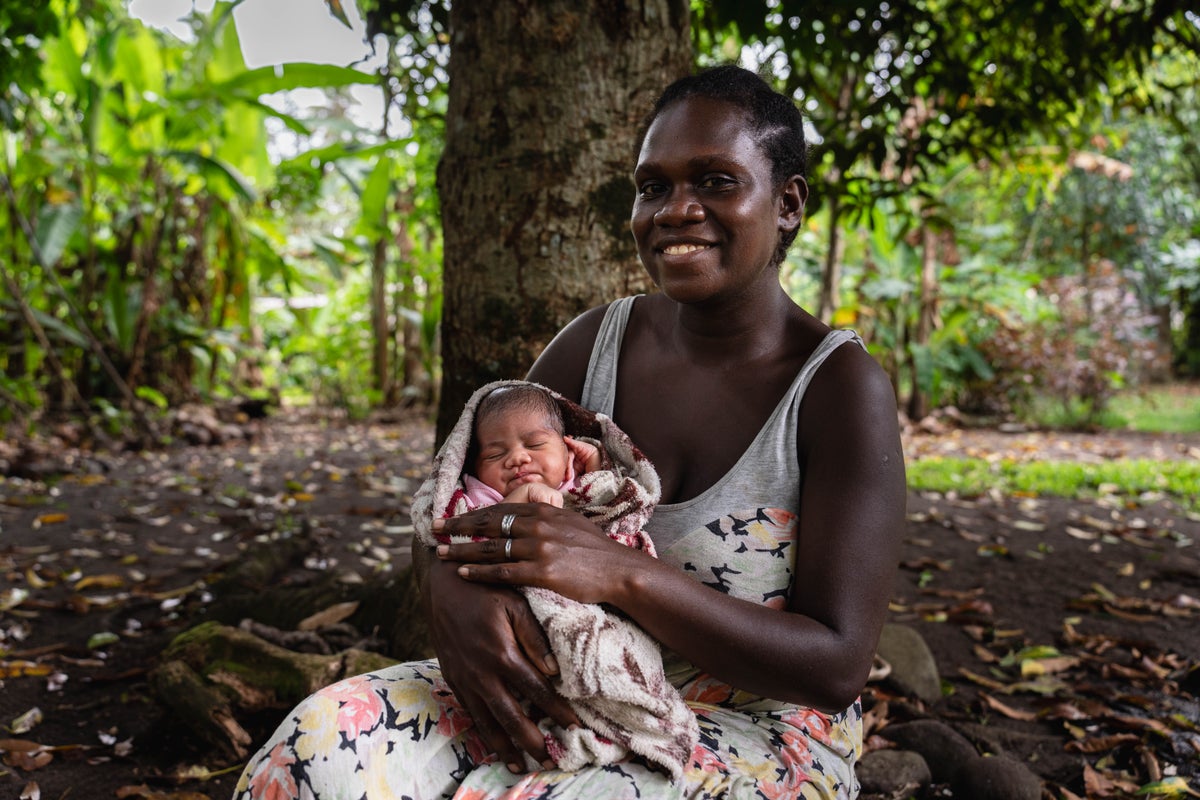
Leondine recently gave birth to a daughter, Rolle, at the remote health clinic after a challenging labour.
She has two children now, having lost her eldest after an accident. Her eldest daughter needed treatment after the accident, but as she couldn't access it at the village clinic, she was then sent to a hospital in the local village, which involved a two-hour boat ride followed by a nearly two-hour drive.
Despite efforts, Leondine's daughter was declared dead at the hospital due to brain bleeding.
“I think that we need more registered nurses, because one nurse is not enough. When many mothers visit at the same time, the nurse will be busy only on one, while the others will be waiting in pain. There is a need for two or three more nurses to come,” says Leondine.
" All my children – now that I have lost one, I hope for them to be good children and have a good education and good job."
Creating a future of better healthcare
Thanks to generous people like you, UNICEF can be there to strengthen healthcare systems in countries like Vanuatu, meaning healthcare workers like Francisco are given the tools and training they need to support and protect children.
Through outreach activities, UNICEF can also enable health care workers to go to their remote communities and deliver essential services regularly.
“In some communities here in Vanuatu, we were able to do that and that helped a lot, in improving immunisation coverage, for instance, especially for children under five,” says Katherine. “We also have been successful in some areas in, making sure that there is a regular system of identifying severely malnourished children and referring them to the health facilities so that they can receive appropriate care.”
Together, we can support governments, communities, and local partners in the Pacific, creating a ripple effect of good health practices for generations to come.
Building sustainable futures for children close to home
Support critical, underfunded programs throughout Australia and the Asia Pacific region.
Related articles
Stay up-to-date on UNICEF's work in Australia and around the world




